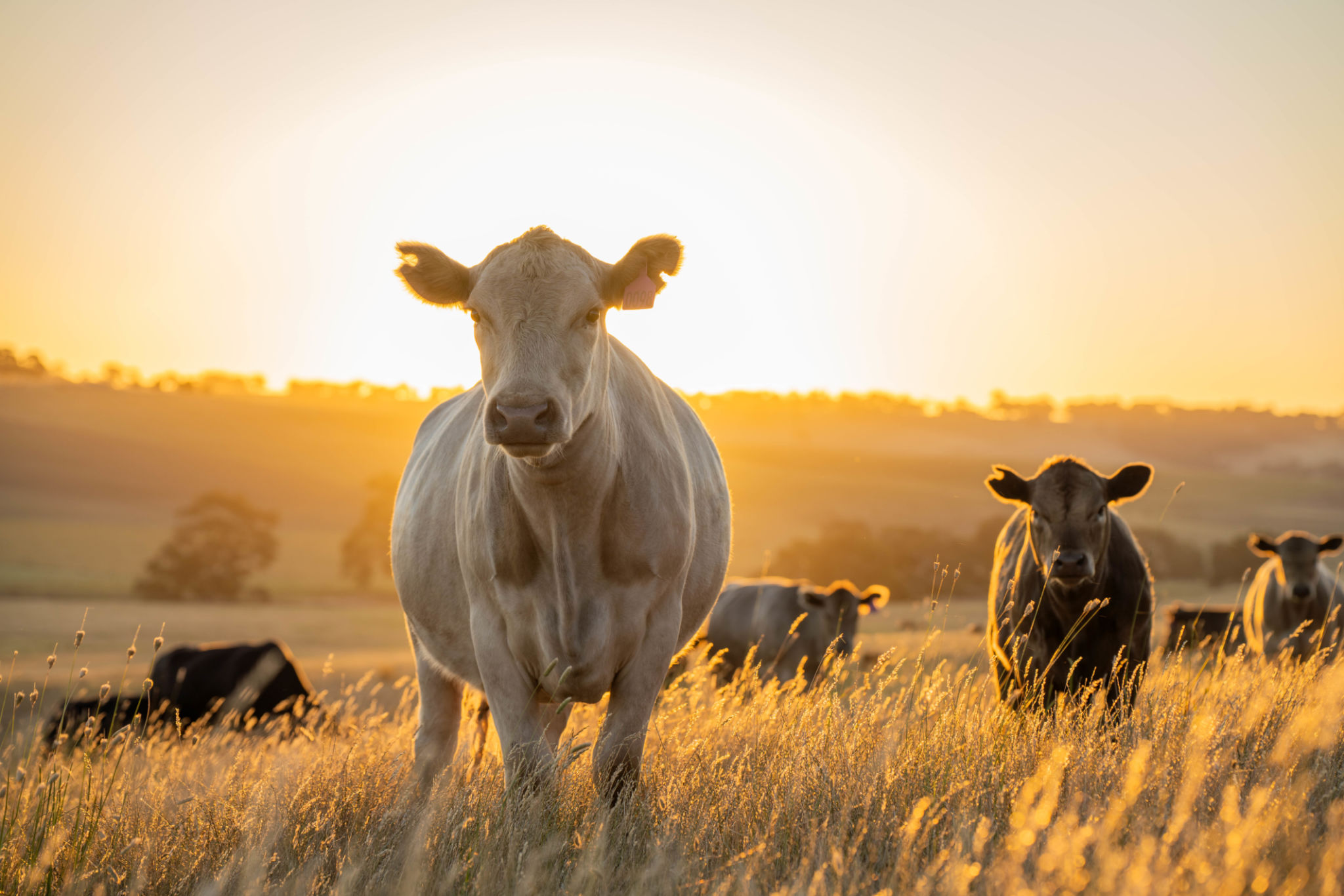Mastering Livestock Management: Essential Skills and Techniques
Introduction to Livestock Management
Managing livestock effectively is a cornerstone of successful farming. It requires a blend of knowledge, skill, and dedication. Whether you're raising cattle, sheep, or poultry, understanding the essential skills and techniques can make a significant difference in the health and productivity of your livestock.

Understanding Animal Nutrition
One of the most critical aspects of livestock management is ensuring proper nutrition. A balanced diet is crucial for the growth, reproduction, and overall health of your animals. It's important to understand the specific nutritional needs of different species and how these needs change throughout their life stages.
For instance, cattle require a diet rich in roughage, while poultry benefit from a high-protein feed. Regularly consulting with a veterinarian or an animal nutritionist can help tailor feeding programs that meet the nutritional requirements of your livestock.
Designing Feeding Programs
Creating an effective feeding program involves several steps:
- Identify the nutritional needs of your livestock based on species, age, and purpose.
- Select quality feeds that meet these needs.
- Monitor animal health and productivity to make adjustments as necessary.

Ensuring Proper Health Care
Maintaining the health of livestock is paramount in management. Regular veterinary check-ups and vaccinations are essential to prevent diseases and manage health issues promptly. Understanding common diseases and their symptoms can help in early detection and treatment.
Implementing biosecurity measures can further protect your livestock from external threats. This includes controlling access to your farm, disinfecting equipment, and isolating new or sick animals until they are cleared by a veterinarian.
Monitoring Animal Welfare
Animal welfare is not only a moral obligation but also influences productivity. Ensuring that animals have access to clean water, appropriate shelter, and a stress-free environment is essential. Observing behavioral changes can provide insights into their wellbeing and highlight potential issues.

Efficient Breeding Practices
Breeding is an integral part of livestock management. It involves selecting animals with desirable traits to improve herd quality over time. Understanding genetic principles and using tools like artificial insemination can enhance breeding outcomes.
Keeping detailed records of breeding programs helps track genetic progress and make informed decisions. This ensures the sustainability and profitability of your farming operations.
Record Keeping and Analysis
Accurate record keeping is vital for effective livestock management. This includes tracking health records, breeding cycles, feed consumption, and production rates. Analyzing these records helps in identifying trends and areas for improvement.
- Use digital tools for efficient data management.
- Regularly review records to adapt strategies as needed.

Conclusion
Mastering livestock management involves a commitment to continuous learning and adaptation. By focusing on nutrition, health care, animal welfare, breeding practices, and record keeping, you can enhance the productivity and sustainability of your farm. With these essential skills and techniques, you're well-equipped to tackle the challenges of livestock management effectively.